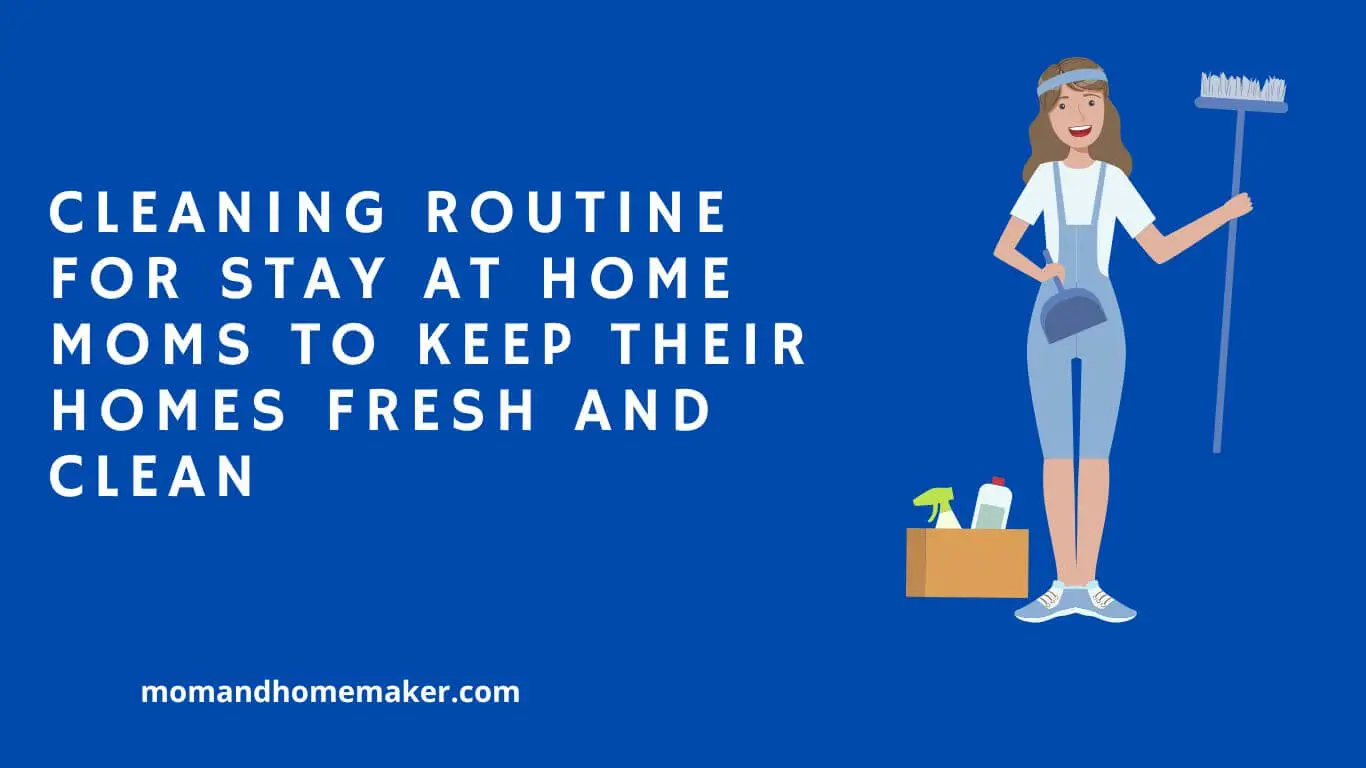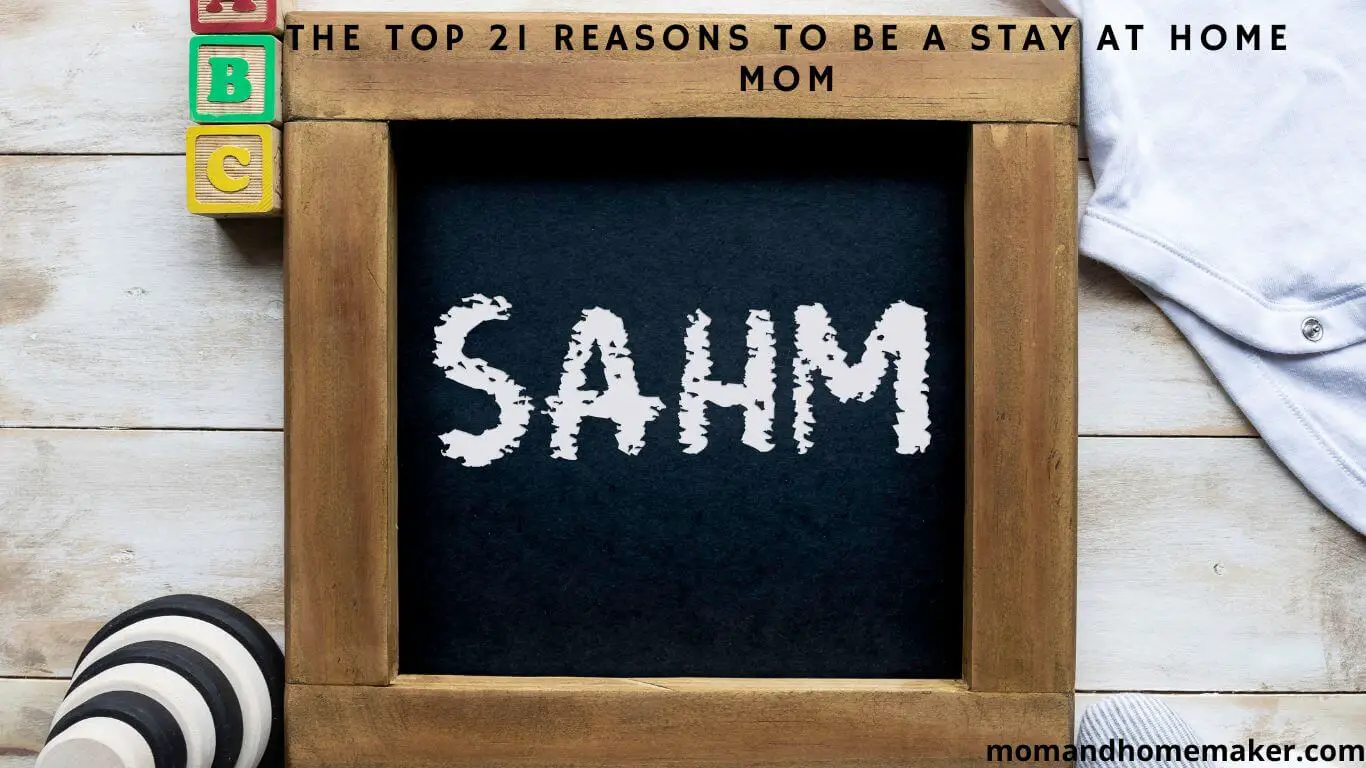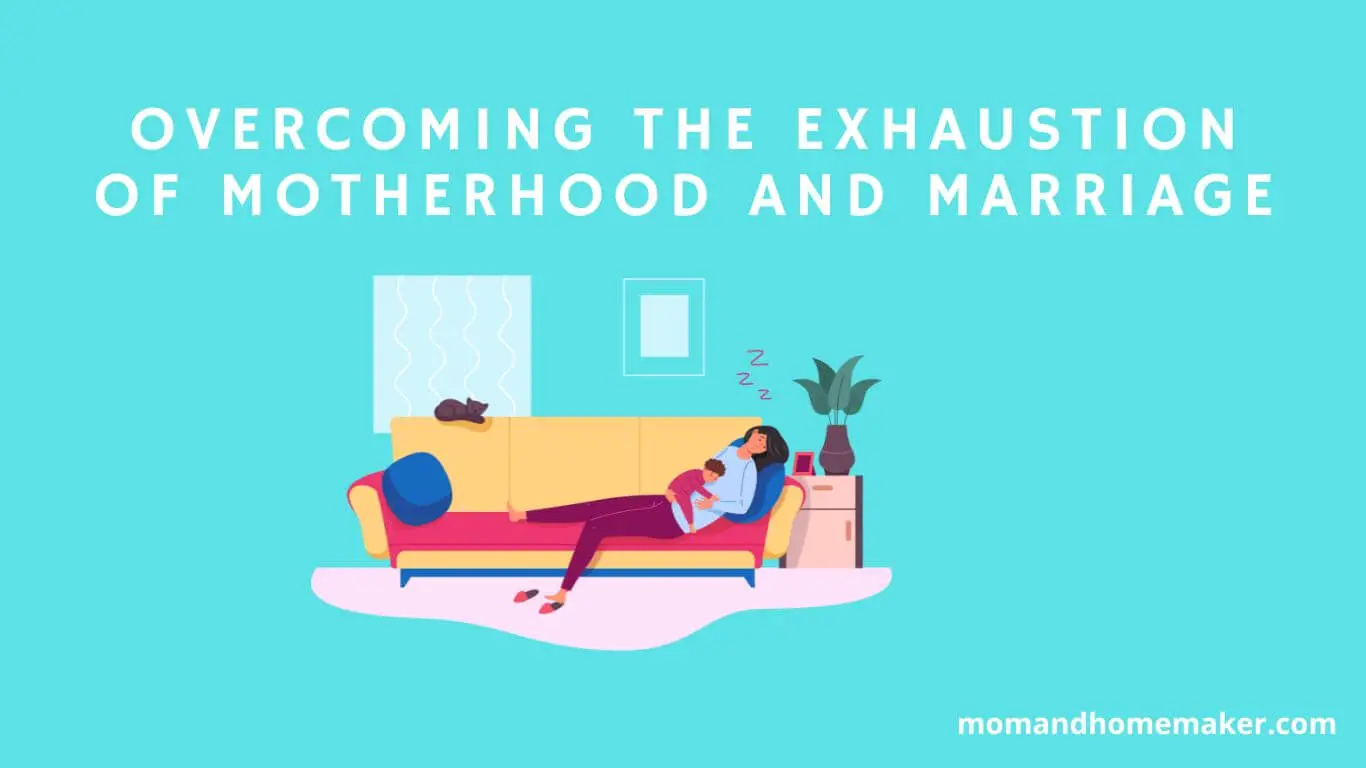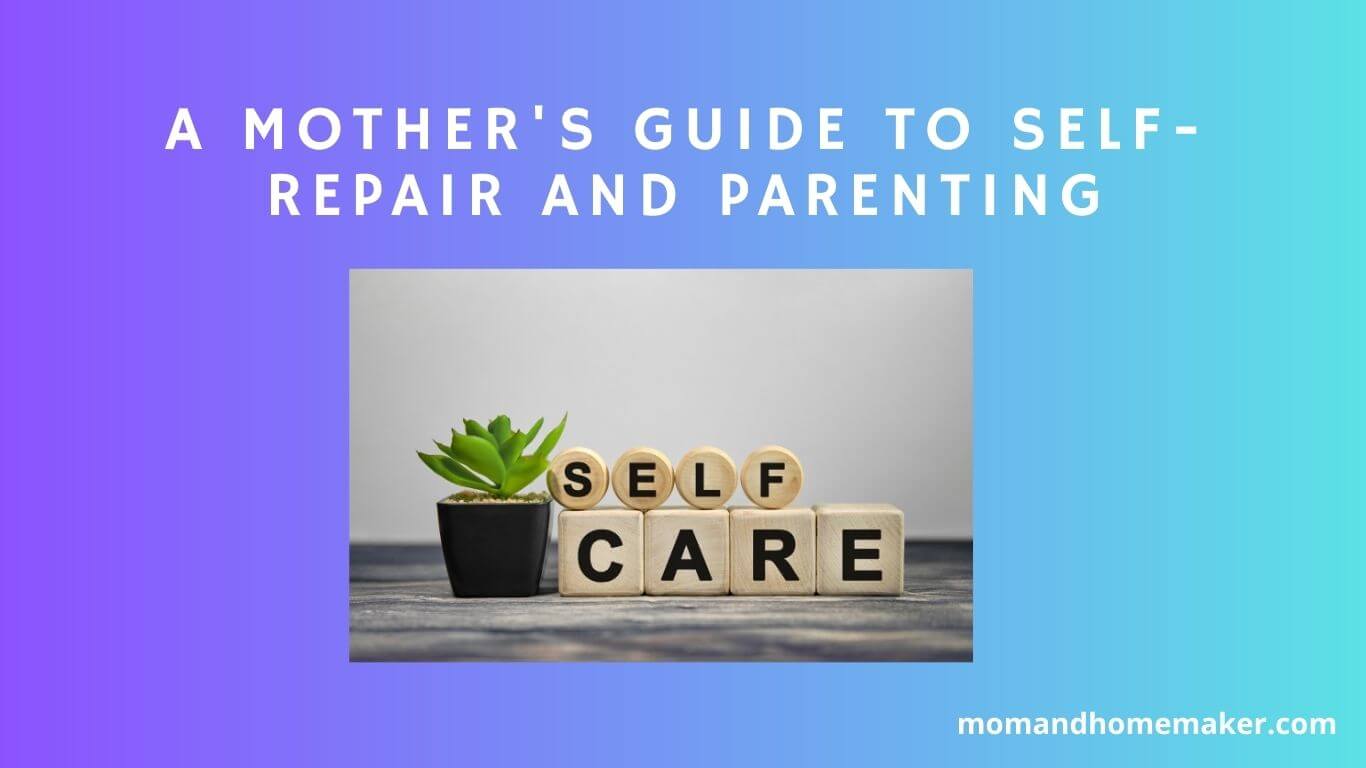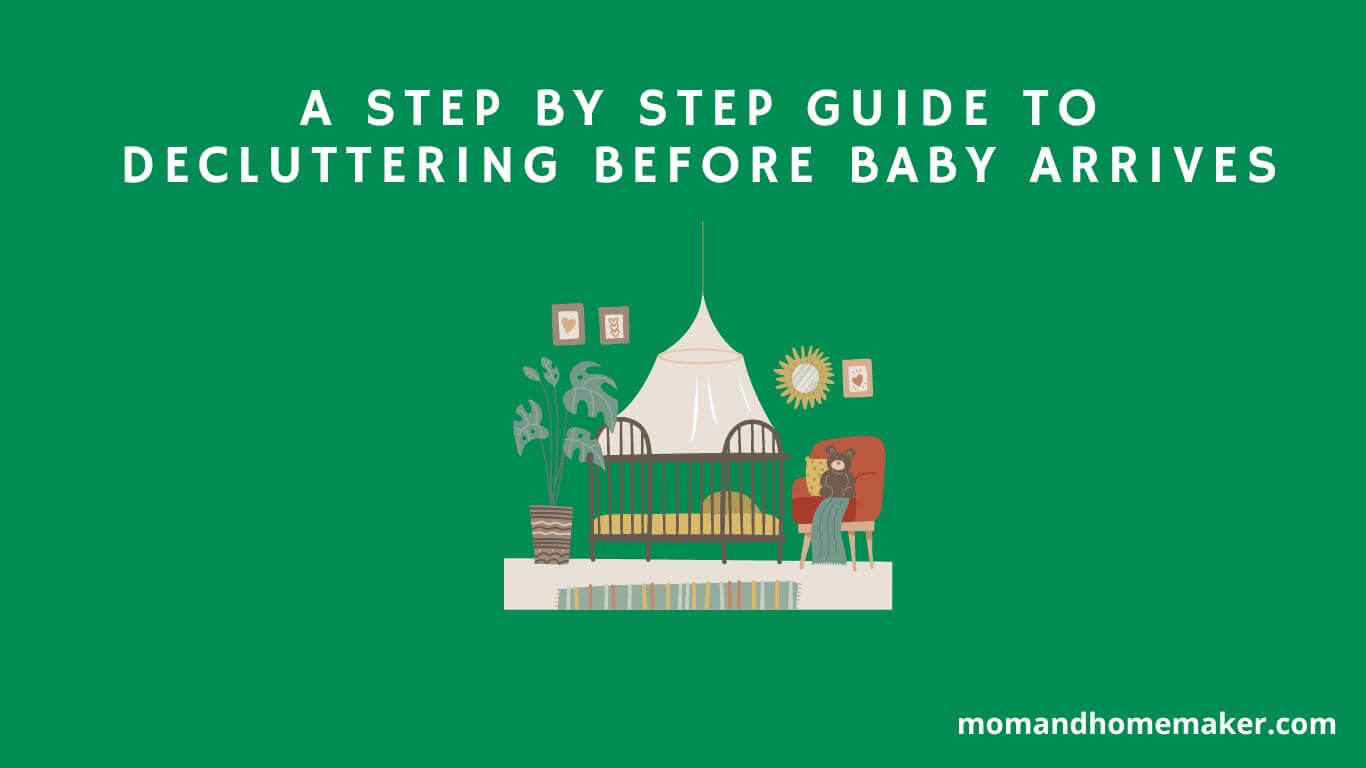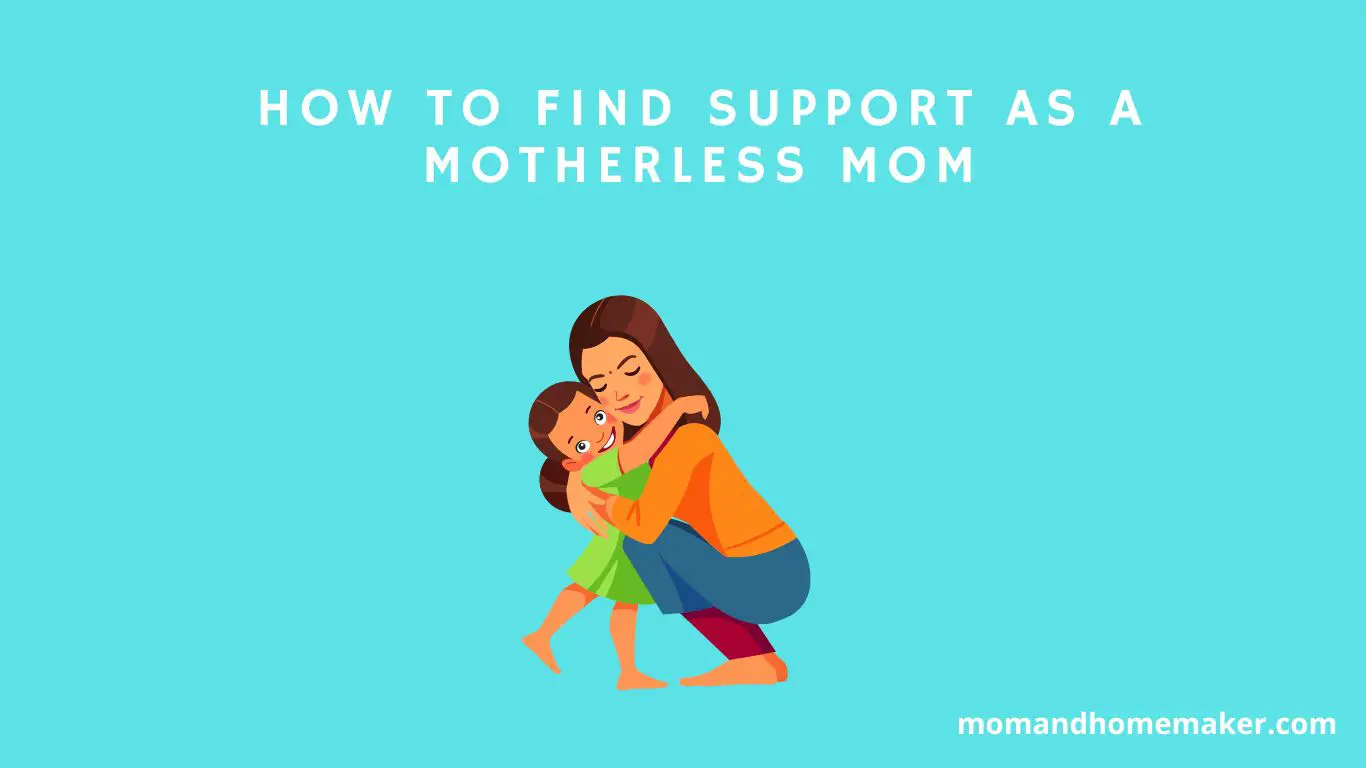Picture a single parent, tirelessly managing the duties of raising a child. It can feel like being a candle burning at both ends, struggling against the darkness.
The weight of responsibilities, the constant demands pulling in different directions – it all adds up.
But is there more to this exhaustion than we realize? Are there subtle signs hinting at a deeper issue beneath the surface? It’s essential to recognize these signs and take steps to address them before burnout takes its toll.
Remember, self-care is crucial in ensuring you can continue to be the best parent you can be for your child.
Understanding Single-Parent Burnout
Understanding single-parent burnout requires acknowledging the unique challenges faced by individuals raising children alone.
Single parents often juggle multiple responsibilities, from work to household chores, while also ensuring quality time with their children.
Building a strong support system is crucial in alleviating the emotional and physical burdens of single parenthood.
This network can consist of family, friends, neighbors, or support groups who offer assistance and understanding during difficult times.
Signs of Single-Parent Burnout
Being a single parent can be tough on your mental and physical health, and it’s crucial to recognize the signs of burnout to take care of yourself and your children.
Here are some signs that may indicate you’re experiencing single-parent burnout:
- Feeling Constantly Overwhelmed: If you’re always feeling overwhelmed by the responsibilities of parenting, work, and household chores, it could be a sign of burnout. It’s important to acknowledge these feelings and ask for help when you need it.
- Persistent Fatigue: If you’re constantly tired and even rest doesn’t help, it might be a symptom of burnout. Low energy and motivation can make it hard to keep up with daily tasks and be present for your kids.
- Struggling with Emotional Well-being: Single-parent burnout can show up in emotional ways like being more irritable, having mood swings, feeling helpless, or disconnected. Taking care of your mental health is key to preventing burnout from getting worse.
To avoid single-parent burnout, try setting boundaries, taking time for self-care, reaching out for social support, and prioritizing your mental well-being.
Remember, recognizing the signs early and taking action can help you handle the challenges of single parenthood with strength and resilience.
Impact on Parenting Skills
Experiencing burnout as a single parent can significantly impact your ability to effectively nurture and guide your children during their formative years.
It’s crucial to understand how burnout can affect your parenting skills and your children’s overall well-being.
Here are some common parenting challenges you may face when dealing with burnout, along with strategies to help you navigate through them:
When you lack patience, try practicing mindfulness and deep breathing exercises to stay calm in challenging situations.
Prioritize self-care activities and seek support from friends or family to combat decreased energy levels.
To address difficulties in setting boundaries, establish clear rules and consequences for your children’s behavior.
If you’re emotionally exhausted, engage in activities that bring you joy and consider seeking therapy or counseling for additional support.
Behavioral Changes in Children
Burnout as a single parent can cause noticeable changes in your children’s behavior, affecting their emotional well-being and growth.
It’s vital to recognize these signs early to address them effectively. Here are some ways burnout might show up in your children:
- Changes in Coping: Your children may develop different ways to cope with the stress at home when you’re experiencing burnout. They could become more withdrawn, irritable, or show signs of anxiety. These behavioral shifts signal a need for support and reassurance.
- Altered Communication: The tension from your burnout can lead to changes in your children’s communication styles. They might struggle to express themselves clearly, become more argumentative, or avoid sharing their feelings. Encouraging open conversations can help ease these challenges.
- Impact on Social Life: Burnout can impact your children’s social interactions, making it hard for them to connect with peers, affecting their school performance, or changing their friendships. Creating opportunities for social activities and nurturing a supportive environment can improve their social well-being.
Physical Symptoms of Burnout
Experiencing physical and emotional exhaustion as a single parent facing burnout can lead to various signs of stress and overload in your body.
It’s crucial to recognize these physical symptoms to take proactive steps in managing stress and maintaining your physical well-being.
A common physical indication of burnout is persistent fatigue. You may feel constantly tired, even after getting enough sleep, which can make it difficult to manage daily tasks and care for your children effectively.
Headaches and muscle tension are also common signs of burnout. The stress and pressure of being a single parent can manifest physically, resulting in frequent headaches and tight muscles, particularly in the neck, shoulders, and back.
Changes in appetite or weight can also occur. Some parents experiencing burnout may lose their appetite or use food as a source of comfort, leading to fluctuations in weight. It’s important to monitor these changes and ensure you’re eating properly to support your body.
Sleep disturbances, such as insomnia or restless sleep, may also be present. The constant worry and overwhelming responsibilities can disrupt your sleep patterns, adding to feelings of exhaustion.
Prioritizing stress management techniques and seeking support can help alleviate these physical symptoms and enhance your overall well-being.
Emotional Exhaustion Indicators
Recognize the signs of emotional exhaustion as crucial indicators of your mental well-being and potential burnout risk.
It’s vital to pay attention to these signals to prevent reaching a breaking point. Here are some key signs to watch for:
- Constant Fatigue: Feeling consistently tired and lacking energy can signal emotional exhaustion. If you’re always feeling drained, it’s time to focus on self-care and relaxation techniques.
- Increased Irritability: Strong emotional responses to small triggers may indicate emotional overwhelm. Building a support system and practicing coping mechanisms like mindfulness or deep breathing can help manage these feelings.
- Lack of Motivation: A decrease in motivation or interest in activities you once enjoyed could point towards emotional exhaustion. Prioritizing mental health and engaging in self-care practices can reignite your passion and enthusiasm.
Strategies to Cope With Burnout
To effectively deal with burnout, it’s crucial to have proactive coping strategies in place. As a single parent experiencing burnout, it’s vital to prioritize self-care routines and stress management techniques to restore balance in your life.
Begin by setting aside time for yourself each day, even if it’s just a few minutes for quiet reflection or a short walk outdoors. Engaging in activities that bring you joy and relaxation can help recharge your energy and resilience.
Creating a consistent self-care routine can have a significant impact on managing burnout. Ensure you’re getting enough rest, eating nutritious meals, and staying hydrated.
Physical well-being is closely connected to mental health, so incorporating exercise into your daily routine can improve your mood and reduce stress.
Simple practices like deep breathing exercises or meditation can offer moments of peace amidst the chaos.
Along with self-care, consider employing stress management strategies to cope with burnout. Practice setting boundaries to safeguard your time and energy, and learn to decline requests when necessary.
Delegate tasks when possible and don’t hesitate to seek assistance when needed. Prioritize tasks based on their importance and tackle them one at a time to prevent feeling overwhelmed.
Remember, taking care of yourself isn’t selfish; it’s essential to being the best parent you can be for your children.
Seeking Support and Help
When you’re feeling overwhelmed as a single parent, don’t hesitate to reach out for help. Talk to close friends, family members, or local support groups for assistance. Remember, seeking support is a sign of strength, not weakness.
Here are some ways to get the help you need:
- Therapy: Consider therapy as a safe space to express your emotions and learn how to cope with single-parent burnout. A therapist can provide guidance on building resilience and managing stress effectively.
- Community Connection: Joining support groups or online communities with other single parents can offer a sense of belonging and understanding. Sharing experiences and tips with others can help combat feelings of isolation.
- Self-Care: Prioritize self-care by engaging in activities that bring you joy and relaxation. Whether it’s reading, taking a bath, or going for a walk, self-care practices can rejuvenate your energy levels and enhance your overall well-being. Make sure to take care of yourself amidst the challenges of single parenting.
Balancing Self-Care and Parenting
As a single parent, it’s crucial to prioritize your well-being by balancing self-care with parenting responsibilities.
Taking care of yourself isn’t just important; it’s essential for effectively caring for your children. Integrate self-care routines into your daily life to better handle the challenges of single parenthood.
Simple activities like going for a short walk, meditating briefly, or enjoying a relaxing bath can greatly benefit your mental health.
Parenting alone can be overwhelming at times. It’s vital to recognize when you need a break and not feel guilty about taking time for yourself.
Efficient time management is key to juggling your tasks. Consider creating a schedule that includes dedicated self-care time to ensure you prioritize your well-being alongside your parenting duties.
By finding this balance, you can navigate single parenthood with more resilience and strength.
Preventing Burnout in Single Parenthood
To prevent burnout as a single parent, it’s vital to find a balance between taking care of yourself and your children. Remember, self-care isn’t a luxury but a necessity to be the best parent you can be.
Here are some practical tips to help you avoid burnout:
- Prioritize Self-Care: Incorporate self-care routines into your daily life, even if they’re short moments. This could be as simple as savoring a cup of tea in the morning, taking a brief walk, or practicing deep breathing exercises before bed. These small moments for yourself can significantly impact your overall well-being.
- Manage Your Time: Develop a schedule that enables you to juggle your responsibilities effectively. Set realistic goals, prioritize tasks, and don’t hesitate to seek help when needed. Effective time management can enhance your sense of control and reduce feelings of being overwhelmed.
- Share Responsibilities: Consider delegating tasks to your children based on their age and abilities. Involving them in household chores not only eases your burden but also teaches them important life skills. Remember, it’s okay to ask for help and share responsibilities to prevent burnout.
Resources for Single Parents
Single parents can find valuable support and assistance through various resources to help them navigate the challenges of raising children alone.
Joining support groups can provide a sense of community and understanding, offering a safe space to share experiences, seek advice, and build relationships with others in similar situations.
Local non-profit organizations and government agencies also offer community resources, such as childcare assistance, counseling services, and financial aid, to help single parents access the support they need.
Effective time management techniques can help single parents balance their responsibilities more efficiently.
By setting priorities, creating schedules, and delegating tasks, they can better manage their time. It’s also important for single parents to prioritize self-care by incorporating mindfulness, exercise, adequate sleep, and healthy eating into their daily routine.
These practices are essential for maintaining overall well-being, managing stress, and staying healthy while juggling parenting responsibilities.
Conclusion
Being a single parent can feel like trying to balance many tasks at once. It’s important to recognize the signs of burnout to avoid feeling overwhelmed.
Seeking help, taking care of yourself, and finding a balance can help you navigate the challenges of single parenthood.
Remember to take a moment to breathe, gather your strength, and know that you can overcome burnout and enjoy the journey of raising your child.


